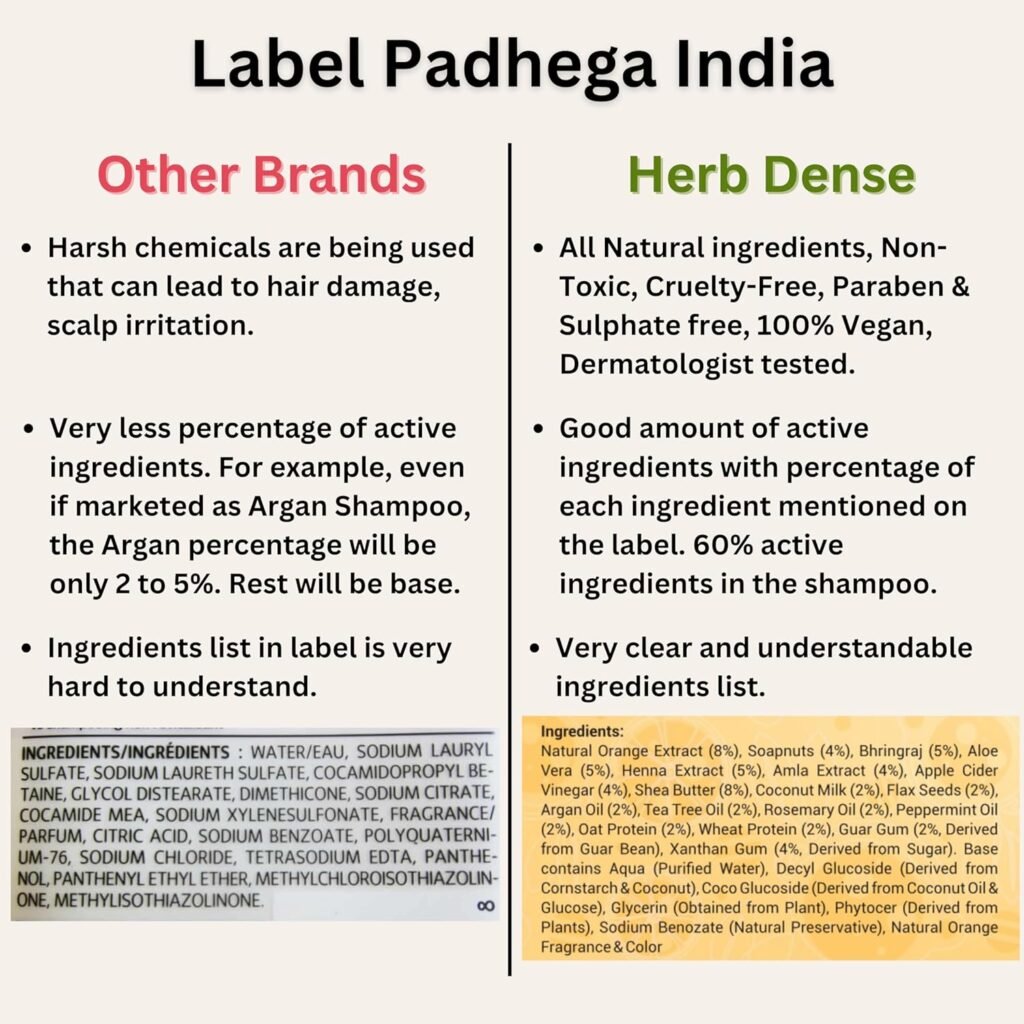In recent years, the global demand for herbal products has soared. These products, often marketed as natural remedies, appeal to consumers seeking healthier alternatives to synthetic drugs or chemically processed goods. However, this surge in popularity has also given rise to a troubling phenomenon: the proliferation of fake herbal products. These counterfeit products pose serious risks to health and well-being, often containing harmful chemicals, inaccurate dosages, or no active ingredients at all. Identifying fake herbal products is crucial for ensuring safety and making informed choices. Here are some key strategies and guidelines to help consumers differentiate between genuine and counterfeit herbal products. Herbal product safety
1. Examine Packaging and Labels
Counterfeit herbal products often skimp on packaging quality to cut costs. Genuine products typically have professional and consistent packaging, whereas fake ones might show signs of poor printing, misspellings, or irregularities. Here’s what to look for:
- Spelling and Grammar Errors: Typos or grammatical mistakes on labels or leaflets are a red flag.
- Holograms and Seals: Authentic products often include safety features like holograms or tamper-evident seals. Check if these are intact and match the product’s branding.
- Batch Numbers and Expiry Dates: Fake products may lack these essential details or provide invalid information.
- Regulatory Marks: Verify the presence of approvals from reputable health regulatory authorities, such as FDA, GMP, or other certifications applicable to your region.
2. Check for Authentic Ingredients
Fake herbal products often substitute or omit active ingredients, compromising their efficacy. Always scrutinize the ingredient list:
- Transparency: Genuine products clearly list all ingredients, including quantities or percentages. Vague descriptions like “proprietary blend” without details should be approached with caution.
- Research Ingredients: Be familiar with common ingredients in the herbal product you’re purchasing. Cross-check them against reliable sources to ensure authenticity.
- Beware of Additives: Some fake products might include unlisted harmful substances, such as steroids, synthetic chemicals, or heavy metals.
3. Verify the Manufacturer
A credible manufacturer is a hallmark of authentic herbal products. Investigate the company producing the product:
- Company Reputation: Search for reviews or testimonials about the brand. Consistent negative feedback or lack of online presence is a warning sign.
- Contact Information: Genuine products provide clear manufacturer contact details, including a website, customer service number, and physical address.
- Certifications: Check if the manufacturer adheres to quality standards, such as ISO or GMP certifications.
4. Avoid Suspiciously Low Prices
If the price of an herbal product seems too good to be true, it probably is. Fake products are often sold at significantly lower prices than their genuine counterparts to lure unsuspecting buyers. Be cautious of:
- Unbelievable Discounts: Steep discounts without clear explanations could indicate counterfeit goods.
- Unverified Sellers: Avoid purchasing from untrustworthy vendors or unauthorized dealers, especially online.
5. Inspect the Product Physically
Sometimes, the counterfeit nature of a product becomes evident upon closer inspection:
- Smell and Texture: Genuine herbal products often have a natural, earthy aroma and consistent texture. Counterfeit products may smell synthetic or feel overly processed.
- Color Consistency: Natural herbal products may vary slightly in color but should not exhibit unnatural shades.
- Dissolution and Solubility: For capsules or powders, check how well the product dissolves in water. Genuine herbal supplements often blend smoothly, while fake ones may leave suspicious residues.
6. Research Seller Reputation
Whether buying in-store or online, the reputation of the seller matters. Consider these factors:
- Authorized Dealers: Purchase from authorized retailers or the official website of the brand.
- Customer Reviews: Look for authentic customer feedback about the seller. Beware of overly positive or generic reviews, which could be fabricated.
- Return Policies: Genuine sellers typically offer clear return or refund policies, while shady ones might avoid providing such options.
7. Laboratory Testing
When in doubt, lab testing is the most definitive way to confirm the authenticity of an herbal product. Some third-party laboratories can analyze herbal products for their chemical composition, ensuring they contain the correct ingredients and are free of contaminants. While this may not be practical for every purchase, it’s an option for high-value or suspect products. Herbal product authenticity
8. Awareness of Counterfeit Hotspots
Certain markets, regions, or online platforms are notorious for counterfeit products. Be cautious when purchasing from:
- Street Vendors: These sellers often lack accountability and might stock unregulated goods.
- Unverified E-Commerce Sites: Stick to reputable online marketplaces that offer buyer protection mechanisms.
- Foreign Markets: While traveling, avoid buying unfamiliar brands unless you can verify their authenticity.
9. Recognize Too-Good-To-Be-True Claims
Be skeptical of exaggerated claims on packaging or advertisements. Statements such as “miracle cure,” “guaranteed results in days,” or “100% side-effect-free” are often associated with fake products. Legitimate herbal products are transparent about their limitations and benefits.
10. Trust Your Intuition
Sometimes, a gut feeling can signal that something isn’t right. If a product seems suspicious or you have any doubts, it’s better to err on the side of caution and avoid purchasing it.
The Role of Consumer Vigilance and Regulatory Authorities
While consumers play a crucial role in identifying and avoiding fake herbal products, governments and regulatory agencies must also step up enforcement. This includes monitoring marketplaces, penalizing counterfeiters, and raising public awareness about the dangers of fake products.
Additionally, manufacturers must take steps to protect their brands, such as implementing advanced anti-counterfeiting measures like QR codes for authenticity verification or blockchain-based tracking.
Conclusion
The market for herbal products is vast and growing, but it’s also fraught with risks from counterfeit goods. By carefully examining packaging, verifying ingredients and manufacturers, researching sellers, and being skeptical of too-good-to-be-true claims, consumers can better protect themselves from fake herbal products. Awareness and vigilance are the best defenses against these potentially harmful imitations. Always prioritize safety over convenience, and remember: when in doubt, consult a trusted healthcare professional before using any herbal product.

